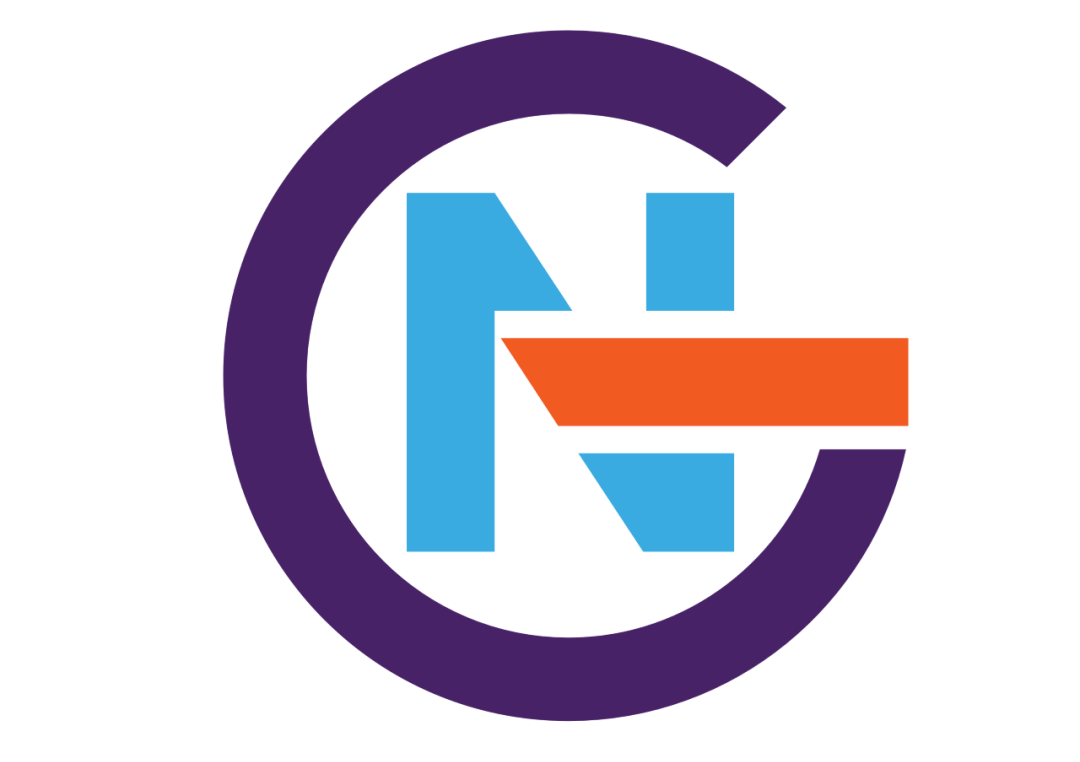I have to admit, I was introduced by rather gentle force to watch The Game of Thrones, normally I would shy away from series with lots of killing, fighting and blood scenes. Some of the episodes did leave me with nightmares, so having some lighthearted fun after watching it is always recommendable in my book. Anyway, the series has captured the imagination of audiences worldwide. The build up towards the release of a season, is epic. The trailers and even a group of white walkers making it to the streets of London, as well as tons of people on social media looking forward to the next instalment.
It gives us a great example of building up a sense of suspense and excitement. Because none of the episodes really give the full plot ahead away and storylines are intermixed, they manage to capture that suspense for the long haul. Each episode contains multiple cliff hangers and teasers for the next. The fact that nobody really knows what will happen next, from what I believe the actors to several plot endings being created and the TV story deviating significantly from the books, watching what comes next is a week long waiting game.
After watching the first episode of this season, my partner continued on to streaming reviews about the series and what self-declared experts or super-fans think has happened, will happen and all there relationships that are ongoing. Some were hilarious, others insightful, but funny to think a TV-series can stimulate just that level of activity.
The technology we have access to today, allows us to create compelling stories. In my opinion, the topic has to capture our imagination in such a way that it is exciting to share your ideas. The long waits between seasons, the books and TV-storylines being slightly different, the hints in each episode of what might come next, all add to our curiosity being spiked and various theories evolving. It is part of human nature to make sense of what we see and give it meaning, which is what all the super fans are waxing lyrical about. It is spontaneous engagement that follows.
Imagine that your corporate strategy or e-learning or next product release followed a similar pattern? Playing on suspense, excitement and curiosity is what often is missing. We leave nothing open to imagination or interpretation and sometimes for good reason, you wouldn’t want someone in fire safety training coming up with new fire spawning tactics. But there are plenty of topics and business places where this can be used successfully.
The seasons of the series are relatively short, the episode length is also quite ideal (not too short, not too long), yet always leaving you wanting. Lengths of intervention matter, going through emotional relatable roller coasters with the characters also helps.
What other lessons do you take from this popular series, that you could use for engaging work audiences?

